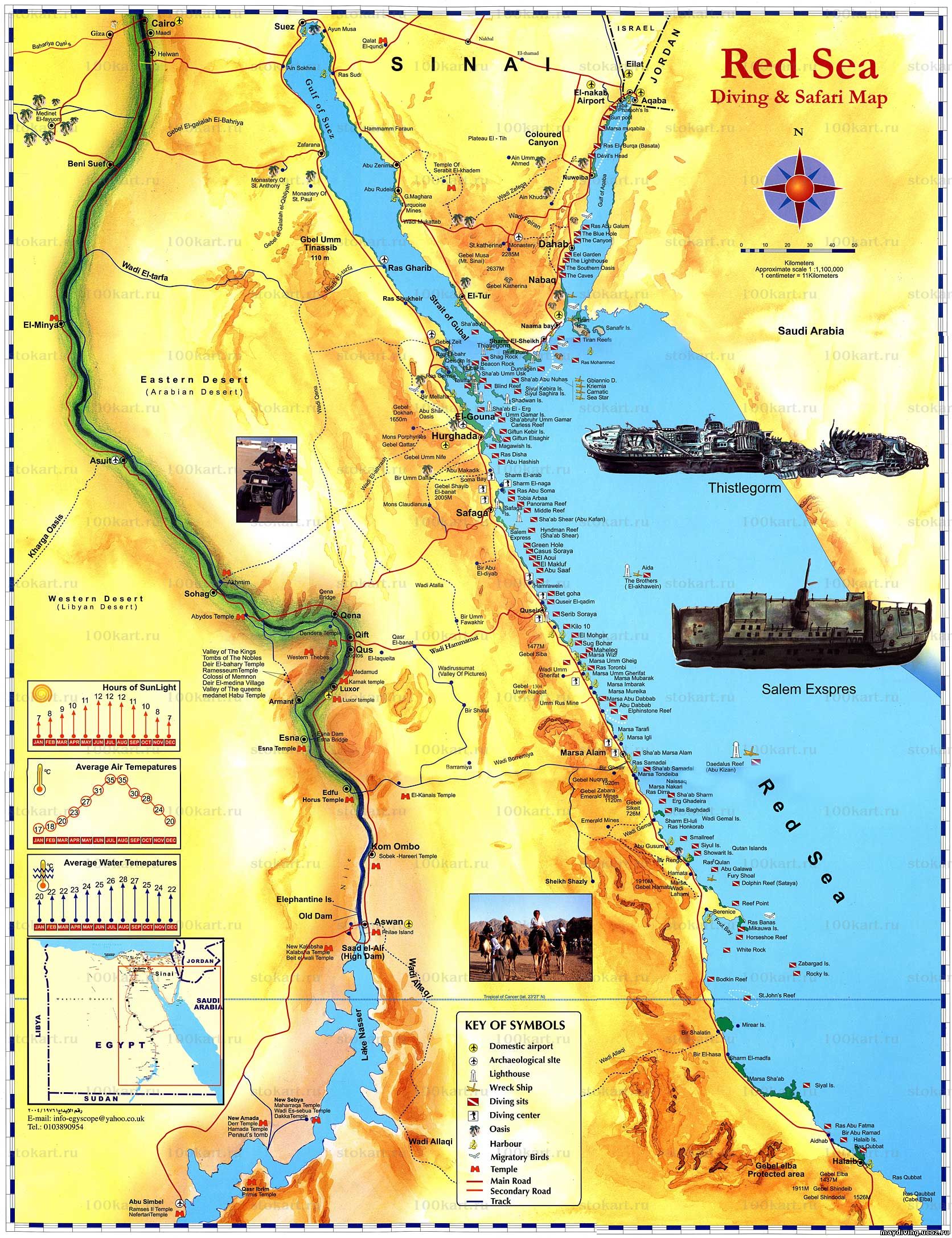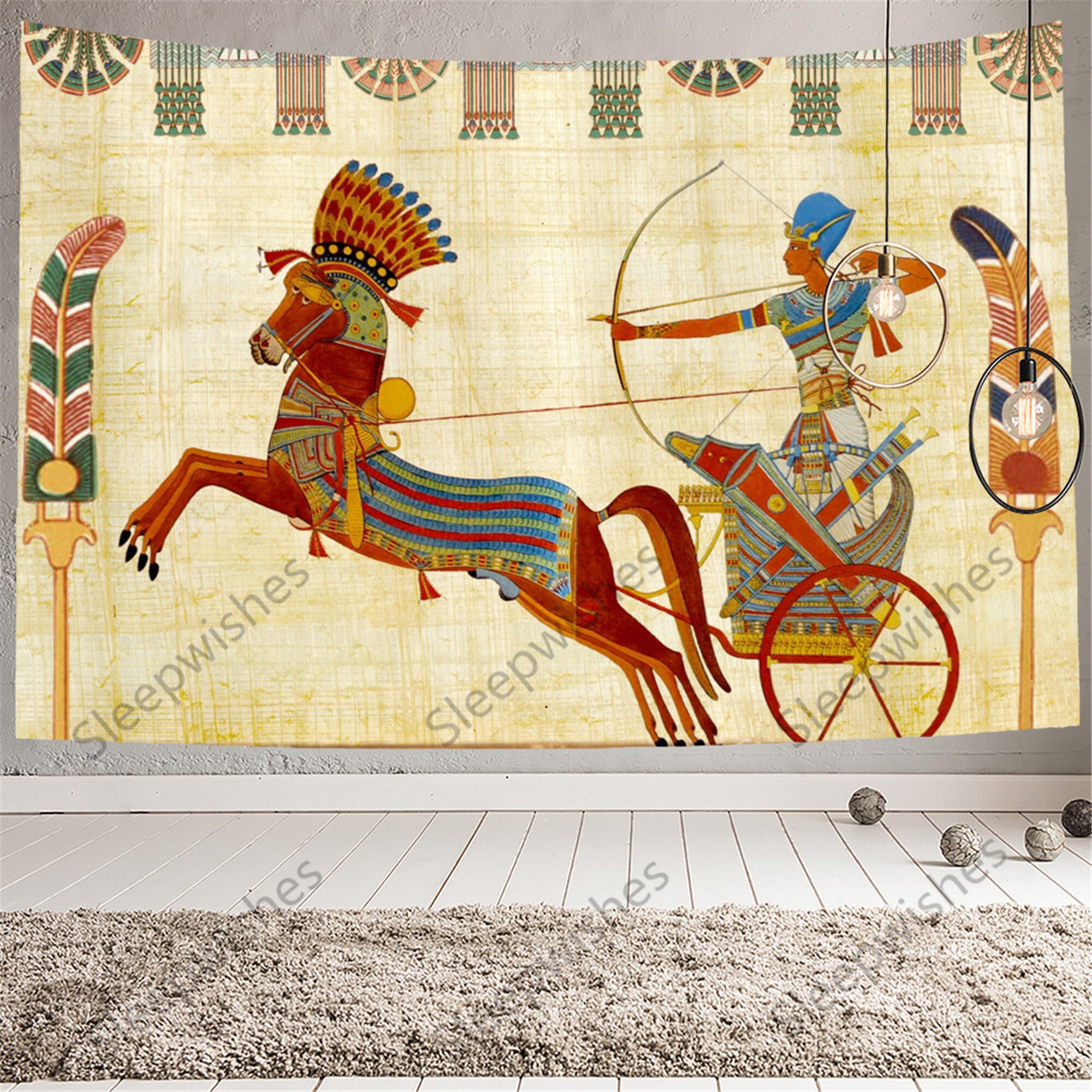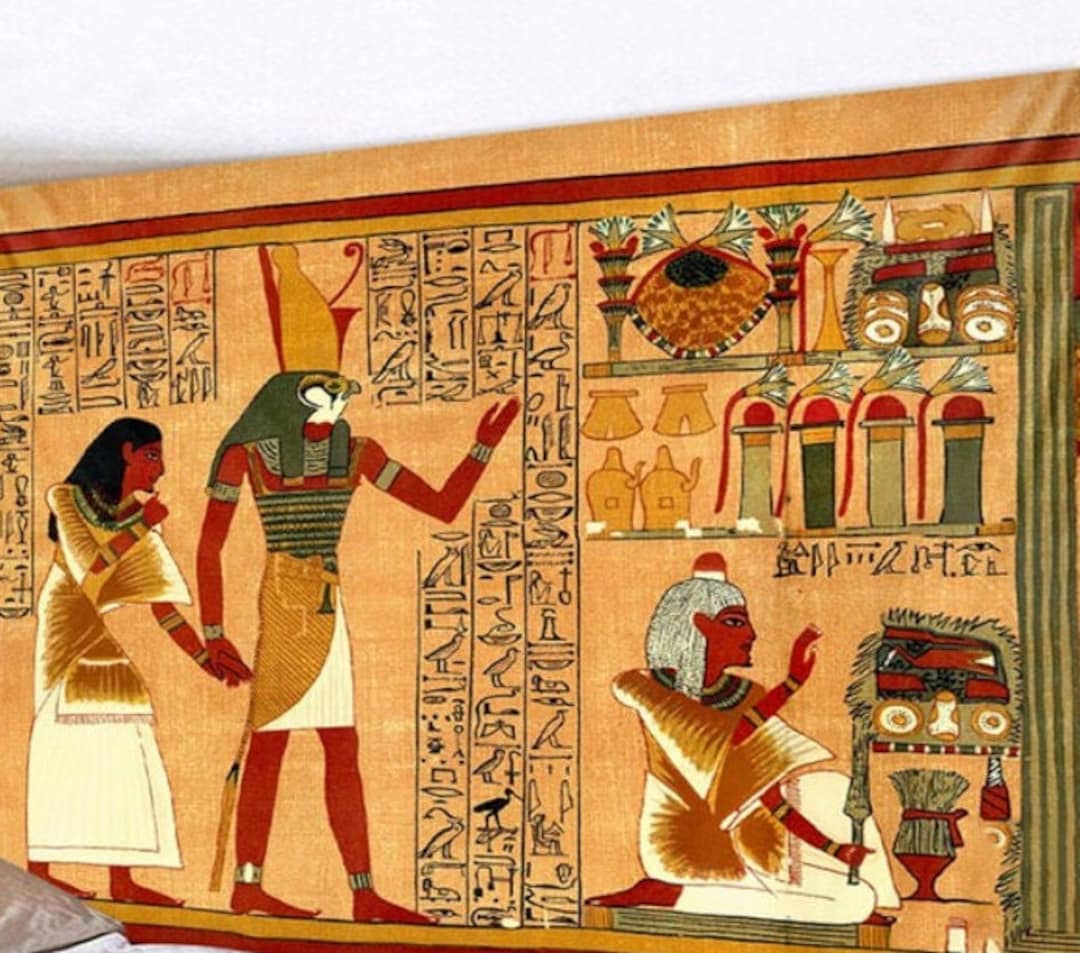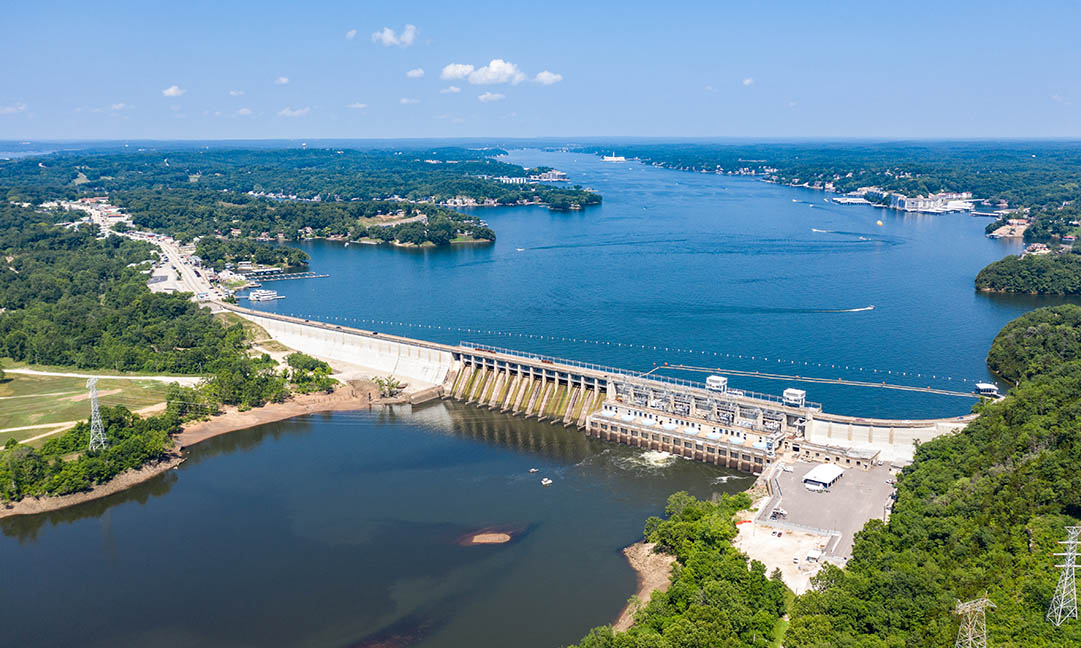Navigating The Tapestry Of Egypt: A Comprehensive Guide To Its Cities
Navigating the Tapestry of Egypt: A Comprehensive Guide to its Cities
Related Articles: Navigating the Tapestry of Egypt: A Comprehensive Guide to its Cities
Introduction
With enthusiasm, let’s navigate through the intriguing topic related to Navigating the Tapestry of Egypt: A Comprehensive Guide to its Cities. Let’s weave interesting information and offer fresh perspectives to the readers.
Table of Content
Navigating the Tapestry of Egypt: A Comprehensive Guide to its Cities

Egypt, a land steeped in history and culture, is a mosaic of vibrant cities, each with its own unique character and allure. Understanding the geographical distribution and cultural significance of these urban centers is essential for appreciating the diverse tapestry of Egyptian life. This article delves into the intricate network of cities across Egypt, examining their historical context, cultural significance, and modern-day importance.
The Nile River: A Lifeline and a Defining Force
The Nile River, the lifeblood of Egypt, has shaped the nation’s history and its urban landscape. The majority of Egypt’s major cities are located along its banks, benefiting from the river’s fertile soil, reliable water source, and natural transportation route. This close relationship between the Nile and Egyptian cities is evident in the country’s ancient history, where the river’s banks served as the cradle of civilization, giving rise to some of the world’s oldest and most iconic cities.
Cairo: The Heart of Egypt
Cairo, the capital of Egypt, stands as a testament to the country’s rich history and vibrant present. Located on the banks of the Nile, Cairo is a bustling metropolis that seamlessly blends ancient monuments with modern skyscrapers. The city’s historical significance is undeniable, boasting iconic landmarks like the Pyramids of Giza, the Sphinx, and the Citadel of Saladin. Cairo also serves as a major cultural and economic hub, attracting tourists and business professionals from across the globe.
Alexandria: A City of Antiquity and Commerce
Founded by Alexander the Great, Alexandria is a coastal city with a rich history as a center of trade and learning. Its strategic location on the Mediterranean Sea made it a vital port for centuries, connecting Egypt with the wider world. The city’s ancient library, once considered the largest and most important in the world, stands as a testament to its intellectual legacy. Today, Alexandria remains a major port city, a thriving cultural center, and a popular tourist destination.
Luxor: The City of the Pharaohs
Located on the banks of the Nile in Upper Egypt, Luxor is an open-air museum of ancient Egyptian civilization. The city is home to some of the most impressive pharaonic monuments, including the Karnak Temple Complex, the Valley of the Kings, and the Temple of Luxor. Luxor’s historical significance is undeniable, offering visitors a glimpse into the grandeur and mystery of ancient Egypt.
Aswan: Gateway to Nubia
Aswan, situated in southern Egypt, is a gateway to the Nubian region. The city is known for its breathtaking scenery, including the iconic Aswan High Dam and the Philae Temple. Aswan’s strategic location has made it a vital trading center for centuries, and its rich culture and traditions are deeply intertwined with the Nubian heritage.
Other Notable Cities
Beyond these major cities, Egypt boasts a diverse network of urban centers, each with its unique character and contribution to the country’s cultural fabric.
- Giza: Located near Cairo, Giza is renowned for its iconic Pyramids and the Sphinx.
- Port Said: Situated at the northern entrance of the Suez Canal, Port Said is a major port city and a strategic hub for international trade.
- Suez: Located on the southern entrance of the Suez Canal, Suez is a vital port city and a key component of global maritime trade.
- Hurghada: A popular tourist destination on the Red Sea coast, Hurghada is known for its stunning beaches, coral reefs, and diving opportunities.
- Sharm El-Sheikh: Another popular Red Sea resort city, Sharm El-Sheikh is renowned for its pristine beaches, clear waters, and vibrant nightlife.
- El Alamein: Located on the Mediterranean coast, El Alamein is historically significant for its role in World War II.
- Siwa Oasis: Situated in the Western Desert, Siwa Oasis is a unique and isolated community known for its traditional culture and natural beauty.
The Importance of Cities in Egypt
The cities of Egypt play a vital role in the country’s economic, social, and cultural development. They are centers of trade, industry, education, and innovation, driving the country’s progress and shaping its future.
Economic Hubs
Egyptian cities serve as economic hubs, driving the country’s growth through various industries, including tourism, manufacturing, agriculture, and trade. Cairo, Alexandria, and Port Said are key centers of commerce and industry, while Luxor and Aswan attract significant tourist revenue.
Cultural Centers
Egypt’s cities are also vibrant cultural centers, preserving and promoting the country’s rich heritage. Cairo’s bustling souks, Alexandria’s ancient library, Luxor’s pharaonic monuments, and Aswan’s Nubian traditions all contribute to the diverse cultural landscape of Egypt.
Education and Innovation
Many of Egypt’s major cities are home to prestigious universities and research institutions, fostering education and innovation. Cairo University, Ain Shams University, and Alexandria University are leading academic centers, producing graduates who contribute to the country’s development.
Challenges and Opportunities
While Egypt’s cities offer numerous opportunities, they also face significant challenges. Rapid urbanization, population growth, and limited resources have led to issues such as overcrowding, pollution, and unemployment. Addressing these challenges is crucial for ensuring the sustainable development of Egypt’s cities.
FAQs about Cities in Egypt
1. What are the largest cities in Egypt?
The largest cities in Egypt are Cairo, Alexandria, Giza, Port Said, and Suez.
2. What are some of the most popular tourist destinations in Egypt?
Some of the most popular tourist destinations in Egypt include Cairo, Alexandria, Luxor, Aswan, Hurghada, and Sharm El-Sheikh.
3. What is the best time to visit Egypt?
The best time to visit Egypt is during the spring (March-May) and fall (September-November) months when the weather is pleasant and comfortable.
4. What are some of the cultural attractions in Egypt’s cities?
Egypt’s cities offer a wide range of cultural attractions, including ancient monuments, museums, mosques, churches, souks, and traditional festivals.
5. What are some of the economic activities in Egypt’s cities?
Egypt’s cities are centers of trade, industry, tourism, agriculture, and education.
Tips for Exploring Cities in Egypt
- Plan your itinerary in advance: Research the cities you wish to visit and plan your itinerary accordingly.
- Learn some basic Arabic phrases: Knowing a few basic Arabic phrases can make your travels more enjoyable and enriching.
- Be respectful of local customs: Dress modestly and be mindful of local customs and traditions.
- Bargain in the souks: Haggling is expected in many souks, so don’t be afraid to negotiate prices.
- Enjoy the Egyptian cuisine: Sample the diverse and delicious cuisine of Egypt, from traditional dishes to modern interpretations.
Conclusion
The cities of Egypt are a testament to the country’s rich history, vibrant culture, and dynamic present. From the bustling metropolis of Cairo to the ancient wonders of Luxor, each city offers a unique perspective on the Egyptian experience. Understanding the geographical distribution, historical significance, and modern-day importance of these urban centers is essential for appreciating the intricate tapestry of Egyptian life. As Egypt continues to evolve and grow, its cities will play a pivotal role in shaping the country’s future, ensuring that its legacy of cultural richness and historical significance continues to inspire generations to come.








Closure
Thus, we hope this article has provided valuable insights into Navigating the Tapestry of Egypt: A Comprehensive Guide to its Cities. We appreciate your attention to our article. See you in our next article!
You may also like
Recent Posts
- Navigating The Digital Landscape: A Comprehensive Guide To AT&T’s Service Map For Internet
- Navigating The Keystone Resort Ski Map: A Comprehensive Guide To Exploring The Mountain
- Navigating The Waters: Understanding Nautical Mile Maps
- Navigating The Rails: A Comprehensive Guide To The RTD Train Map
- Navigating Baltimore County: A Guide To The Zoning Map
- A Comprehensive Guide To Parris Island, South Carolina: Navigating The Cradle Of Marines
- Navigating The Waters Of Smith Lake, Alabama: A Comprehensive Guide
- Navigating Kingsland, Texas: A Comprehensive Guide To The City’s Map
Leave a Reply